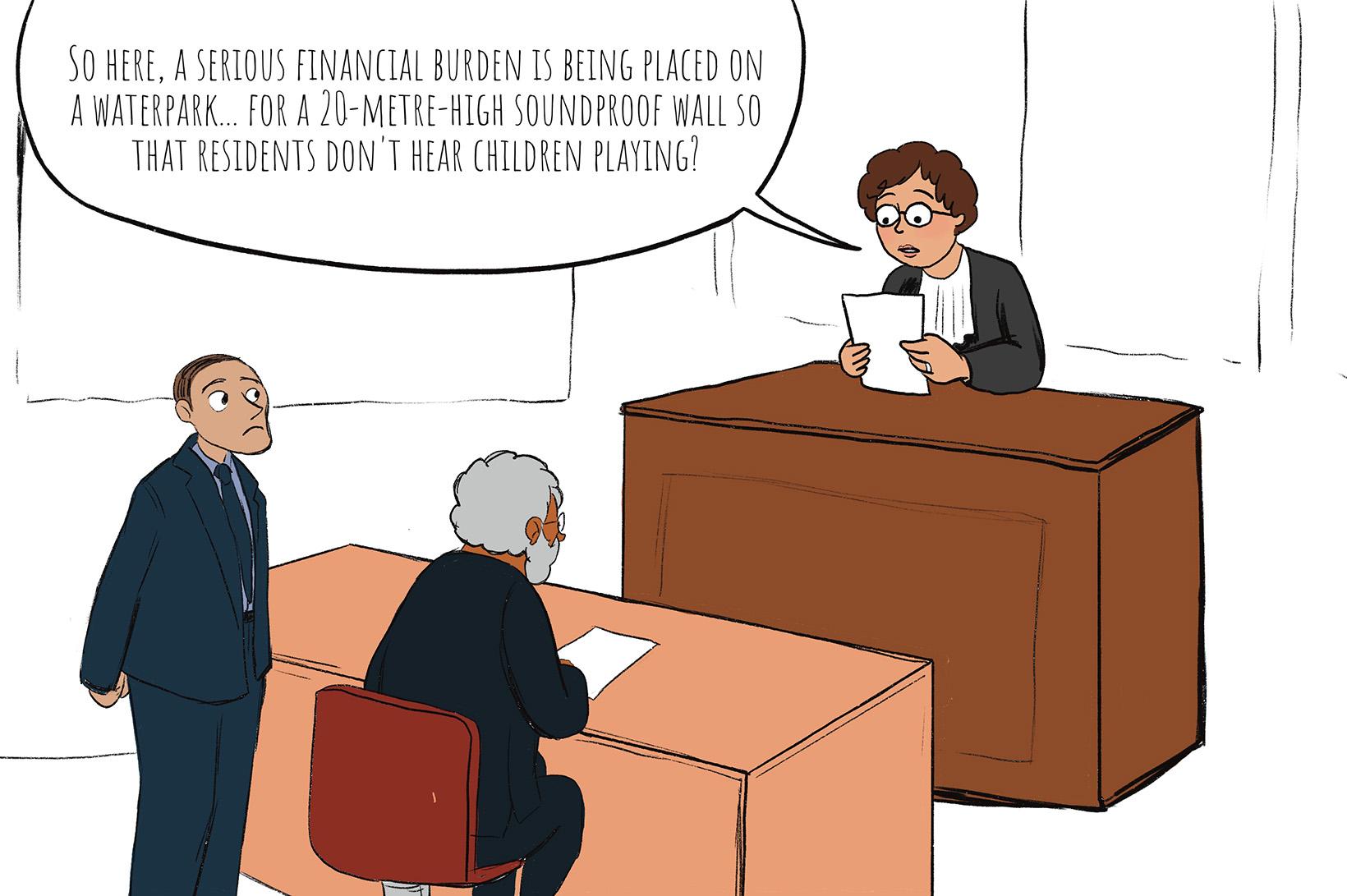No financial charges may be imposed in an environmental permit without an urban planning regulation.
The Council for Permit Disputes (RvVb) annulled, on 9 October 2025, a financial charge imposed in a decision granting an environmental permit. Such a charge may, since 2024, only be imposed on the basis of an urban planning regulation within the meaning of Articles 2.3.1 and 2.3.2 of the Flemish Code for Spatial Planning (VCRO). Prior to the amendment of the Decree, the Environmental Permit Decree did provide that such a financial charge could be imposed by the permitting authority and under what conditions, but it was not required that a regulation be included in an urban planning ordinance.

Decision RvVb 9 October 2025, No. RvVb-A-2526-0090
What is a financial charge imposed in connection with an environmental permit decision?
A financial charge is an additional obligation imposed in the context of an environmental permit, under which the applicant pays an amount to compensate for the impact of the permitted project. This amount may then be invested by the government in tasks it undertakes, such as the creation of green spaces or infrastructure works. In the case before the Council for Permit Disputes, the financial charge concerned a measure in support of complementary housing policy implemented by the city of Vilvoorde, including the provision of additional school capacity, green areas, and play and recreational spaces, which become necessary when large residential projects are realized.
Such charges may be imposed in a decision on an application for an environmental permit. Since the amendment of Article 75 of the Environmental Permit Decree by the Instruments Decree of 23 May 2023, effective from 1 January 2024, a charge may only be imposed if it is provided for in a regulation that complies with the rules set out in Articles 2.3.1 and 2.3.2 VCRO. These articles establish the formal and procedural requirements that such a regulation must meet, including the organization of a public inquiry.
The requirement that a regulation be included in an ordinance within the meaning of Articles 2.3.1 and 2.3.2 VCRO is justified by the legislator on the grounds of legal certainty and predictability whenever such a financial charge is imposed. In addition, the authority imposing the charge must justify it in light of the spatial policy it pursues.
Facts
In April 2024, a developer obtained an environmental permit for a residential project. The project consisted of several multi-family dwellings in three buildings, totaling 43 residential units, eight single-family homes, and one unit for office, service, or liberal profession purposes. The environmental permit was accompanied by a financial charge based on a municipal ordinance of 2017, amounting to €204.000.
The developer contested this charge, arguing, inter alia, that it could no longer be validly imposed under the 2017 ordinance because it does not comply with the provisions of Articles 2.3.1 and 2.3.2 VCRO.
Decision of the Council
Before addressing the merits of the case, the Council considered whether the financial charge was separable from the permit and therefore could be challenged independently. In this case, the Council concluded that it was indeed a charge within the meaning of Article 75 of the Environmental Permit Decree and a decision separable from the permit, so it could be contested independently.
The crux of the dispute concerned whether the imposed charge could still be validly imposed on the basis of the old municipal ordinance, as the application was submitted before 1 January 2024.
The Council ruled that the new Article 75 of the Environmental Permit Decree applies to all permits as of 1 January 2024, including those submitted before that date. Consequently, the Council for Permit Disputes annulled the imposed financial charge.
Significance of the ruling
Both municipalities and applicants should verify whether the financial charge imposed is indeed based on a regulation within the meaning of Articles 2.3.1 and 2.3.2 VCRO.
For any further questions or assistance regarding environmental permits and the associated financial charges, you can contact Andersen in Belgium (Real Estate team).
Yves Sacreas (Senior Counsel) and Lara Van Dyck (Associate)
Discover more about this topic?
I am looking for a specialist in
See more articles

06.11.2025
•Administrative Law and Public Procurement
Proposed decree: EIA screening transferred to higher government
Local authorities face a dilemma: they want to invest in public construction projects, but are no longer allowed to assess their own projects when these have a significant impact on the environment. A new draft decree aims to break the deadlock, but at the same time raises questions about how independent the assessment will really be when it is simply shifted to another political level.

04.11.2025
•Administrative Law and Public Procurement
Tightening of public procurement regulations following new European threshold amounts from January 1, 2026
On October 23, 2025, the new European threshold amounts that tighten public procurement regulations were published in the European Official Journal. When awarding public procurements, the contracting authority must take into account a number of threshold amounts.

29.10.2025
•Tax Law
Tax challenges for cryptocurrency investors
What are the potential risks faced by cryptocurrency holders under current tax legislation and in light of the future taxation of capital gains on financial assets?

22.10.2025
•Urban Planning and Environmental Law
Reconstruction of destroyed or damaged non-zoned dwelling: No time pressure without a clear insurance amount
The Council for Permit Disputes (RvVb) recently overturned a decision by the province of East Flanders to refuse an environmental permit for the reconstruction of a burned-down, non-zone-compliant dwelling. The RvVB ruled that the period within which the application for such a permit must be submitted only begins once there is certainty about the amount of insurance granted.








